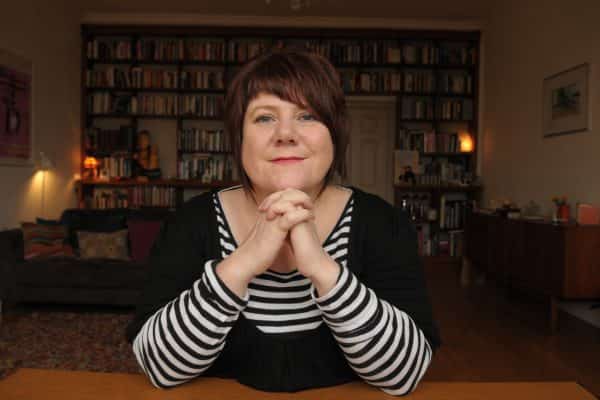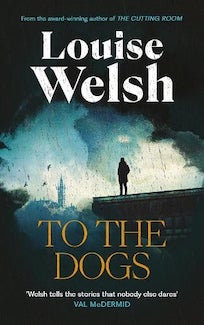
-
What drove you to write, not just crime fiction, but writing generally, including for theatre and even an opera?
Reading has enabled me to engage with people and places I have never met. It has allowed me to travel backwards and forwards in time, to distant planets and places that do not exist. It has informed, disturbed, comforted and entertained me. Becoming a writer grew out of my love of books and storytelling. It’s also born of a lack of talent in other fields.
-
How important has your education been in honing your creative writing? This is you, not characters in your books on whom, perhaps, you base your own experiences.
Education comes in many forms. Growing up in a family of storytellers who valued a good sense of humour, had a keen awareness of the world, and encouraged me to read was as valuable as my formal education. I was the first person in my family to go to university and am aware of the privilege that gives me. Meeting living writers also helped develop my confidence.
-
You’re Glaswegian and steeped in academia. Your writing links different worlds for which the city is well known – a dark and criminal underbelly and that of professionalism and learning. How influential has the city been in your writing?
I have lived in Glasgow since 1985 and the city has been hugely influential in my writing. I am interested in the history of the place and how that informs our present.
-
You have a profound knowledge the criminal strata of cities such as Glasgow, as well as, seemingly, the wealth of the city, financially and culturally. Is this through research or do you have personal experience?
Crime writing explores the way the world is, rather than the way we would like it to be, or the way we are told it is. Who flourishes in 21st century society and how do they get their money and privilege? The information is there if we care to look.
-
To The Dogs: What have you got against fast food outlets!? More seriously, how do such establishments slip so easily into your descriptive writing?
Fast food outlets play a part in society on a local and international level. You can get a decent, quick cup of coffee at Maccy D’s and folk with a few quid can get a treat. Do they pay their staff enough money? Are they a blight on the climate and local businesses? The tension between the democracy of instant availability and the uber capitalism of huge fast-food corporations is interesting. The shiny adverts versus reality.
-
What next? Have you left Rilke behind to immerse himself in the lucrative if shady world of auctioneering? Are you still, writing in and about Glasgow?
I am back in the world of Rilke, following him through some extreme adventures in the third, and probably final volume, of The Cutting Room series.
"Compelling and assured. [Welsh's] portrayal of Jim Brennan, of a good man in conflict, is as authentic as it is chilling" — CARO RAMSAY
"Praise for Louise Welsh: Welsh tells the stories that nobody else dares" — VAL McDERMID
"Richly layered, gloriously carnal, bursting with patter and irresistibly seductive'" — CHRIS BROOKMYRE

- Publisher : Canongate Books; Hbk (18 Jan. 2024)
- Photo © Steve Lindridge